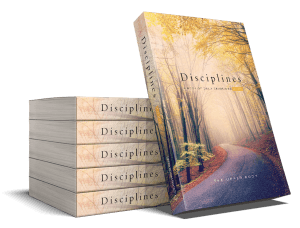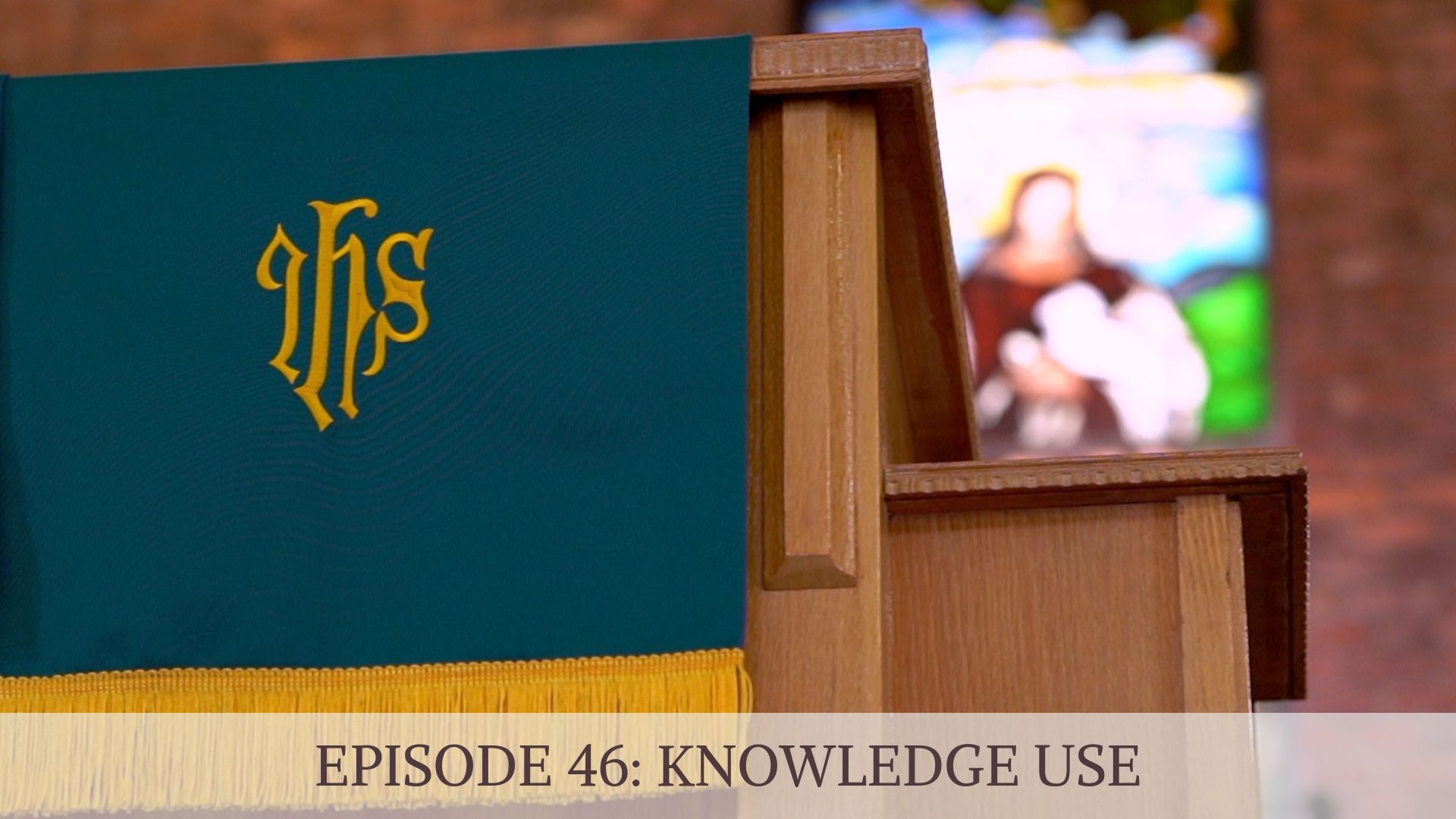When I was in college and seminary, I took a lot of tests. I made really good grades on most of them. I memorized dates, names, cities, battles, theorems, species, genus, phylum, periodic tables, chemical compounds, and rules of grammar in multiple languages.
Much of this wealth of knowledge is now forgotten. Long forgotten.
I am not suggesting that these things are unimportant. That they are quite important to many particular domains of knowledge. They make human life together more practical or more livable.
What was missing from most of the specific realms of knowledge that I learned in college or seminary? I learned the what, but I did not learn how to make use of it at the same time.
Knowledge acquisition without knowledge use can be … Well, useless.
My daughter and her friends are at a stage where they have to memorize their math facts: add, subtract, multiply, and divide small whole numbers. Memorizing is essential to be able to make quick use of math facts for more complex math like algebra and geometry, and also for science as well as everyday tasks like shopping or cooking.
For my daughter, knowing math facts at this stage of learning, is essential, but it is not enough. She also needs to make use of them by solving problems.
The same can be said of knowledge about the Bible, theology, history, pastoral care, preaching, and all the other many subjects of a seminary education. Just learning the what may be interesting, but it is insufficient. It is not the same as learning the how this knowledge is useful at the same time.
In this week’s episode of Three Minute Ministry Mentor, we learn from Pastor Sondra’s experience* that she took away from seminary a deep well of knowledge about biblical study, theological reflection, and practical ministry. She also took with her buckets to help her draw up that knowledge in ways that are life-giving to her parishioners and to her own soul.
To be sure, I am not recommending that seminary should be solely “technical” or “how to” education. What I am commending is that deep wells of knowledge, the what of theological education deserves to be paired with the so what? of everyday ministry and living lives of faith in the world. Theological education should be a deeply integrative enterprise.
The use of knowledge, or the so what is helping students to experience the practical, embodied, relational, and emotional aspects of what they are learning. Contrary to the popular idea that rational thinking is the highest form of knowing, in fact it is a rather low level of knowing. Knowing ideas and facts and arguments is the beginning of wisdom, not the end.
If such knowledge is to live in the world, we need also to know and even to experience how human beings live in, make use, and expand what they know in their lives and in service to their neighbors.
 This week’s resource is the Upper Room Disciplines which comes in the form of both an annual paper book and also an app for your mobile devices.
This week’s resource is the Upper Room Disciplines which comes in the form of both an annual paper book and also an app for your mobile devices.
This kind of devotional guide shares the depth of knowledge from the Bible, history, theology and spirituality in ways that nourish and support you as a faith leader. The what, the how and the so what? all come together in this resource.
What resources support your practice of ministry in this powerful integrated way?
+++++++++++
As we near the completion of our first year of 3MMM episodes, we want to invite you again to offer us some feedback! We love hear from YOU! We are now in the planning and beginning stages of Year 2. We welcome your thoughts with us, here!
Have you seen our awesome new index to 3MMM? Explore topics that interest you and share them with friends in ministry. It is never too late to sign up for the weekly 3MMM email! You will receive each new episode at the start of the week.
Who can you invite to join our growing community of learners and listeners?
If you are a podcast junkie, you will find the weekly 3MMM podcast here! Enjoy the three minutes of inspiration, ideas and stories while you drive, run or take a study break. You can listen on your favorite podcasting platform here!
++++++++++
*Pastor Sondra, a pseudonym, is a participant in the Learning Pastoral Imagination Project. This story is shared with her permission.




